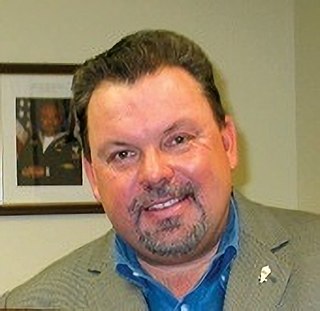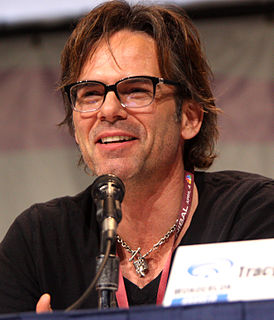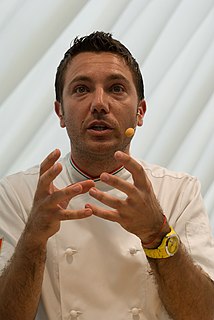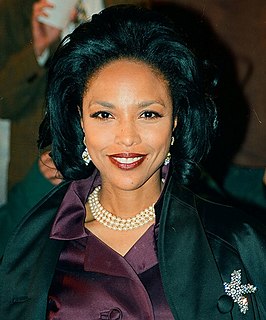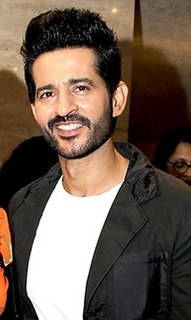A Quote by Garry Marshall
I always wanted to be known as the Norman Rockwell of television, and 'Happy Days' represented the part of me that wanted to make mainstream America laugh.
Quote Topics
Related Quotes
I went to New York. I had a dream. I wanted to be a big star, I didn’t know anybody, I wanted to dance, I wanted to sing, I wanted to do all those things, I wanted to make people happy, I wanted to be famous, I wanted everybody to love me. I wanted to be a star. I worked really hard, and my dream came true.
The struggle is how to write optimistically when the world we're living in is not inherently optimistic. I love the idea of the family from the most Norman Rockwell version to Norman Bates. Without family, we have very little - it is the most basic social structure. So yes I suppose I wanted to write a hopeful book about the evolution of the family.
After we did [All In The Family], that ended up being a real love fest all around. Me and Norman, Norman [Lear] and me, Rob Reiner, everybody liked everybody. So about six or seven months later I moved out to L.A. and I got a call that Norman wanted to see me. I came in and he said "ABC has given me a property that they just optioned to make into a TV series. It's from a play called Hot L Baltimore, and I want you to be in it."


